
Spy Movies
Spy movies are a thrilling genre centered around espionage, covert missions, and international intrigue. These films typically follow intelligence agents, double-crossing operatives, or reluctant heroes as they navigate dangerous conspiracies, political deception, and high-stakes surveillance. With a mix of action, suspense, and mystery, spy films explore the shadowy world of secrets and deception.
One of the most iconic spy franchises is the James Bond series, beginning with Dr. No (1962). Bond became the archetype for the suave, gadget-equipped secret agent, with globe-trotting adventures, exotic locations, and larger-than-life villains. While the Bond films often lean toward fantasy and spectacle, they helped define the genre’s core appeal: glamor, danger, and moral ambiguity.
In contrast, the Jason Bourne series brought a gritty, realistic edge to spy cinema. Films like The Bourne Identity (2002) focus on memory loss, government experimentation, and kinetic hand-to-hand combat, redefining modern espionage storytelling.
Other notable spy films include Tinker Tailor Soldier Spy (2011), a slow-burning adaptation of John le Carré’s novel, emphasizing psychological tension over action. Le Carré’s works, including The Constant Gardener and The Spy Who Came in from the Cold, often depict espionage as a morally gray, emotionally cold world where loyalty is rarely rewarded.
Spy movies can also be fun and satirical, as seen in Kingsman: The Secret Service and Spy (2015), blending action with comedy while still playing on genre tropes like secret agencies and high-tech gadgets.
Common themes include trust, betrayal, dual identities, and the blurred lines between patriotism and manipulation. Spy films captivate audiences because they offer a glimpse into secret wars and unseen politics—where one wrong move could change the world.
At their best, spy movies are cerebral, stylish, and suspenseful—offering a rollercoaster of danger, deception, and high-stakes drama.


Mission: Impossible – The Final Reckoning

The Amateur
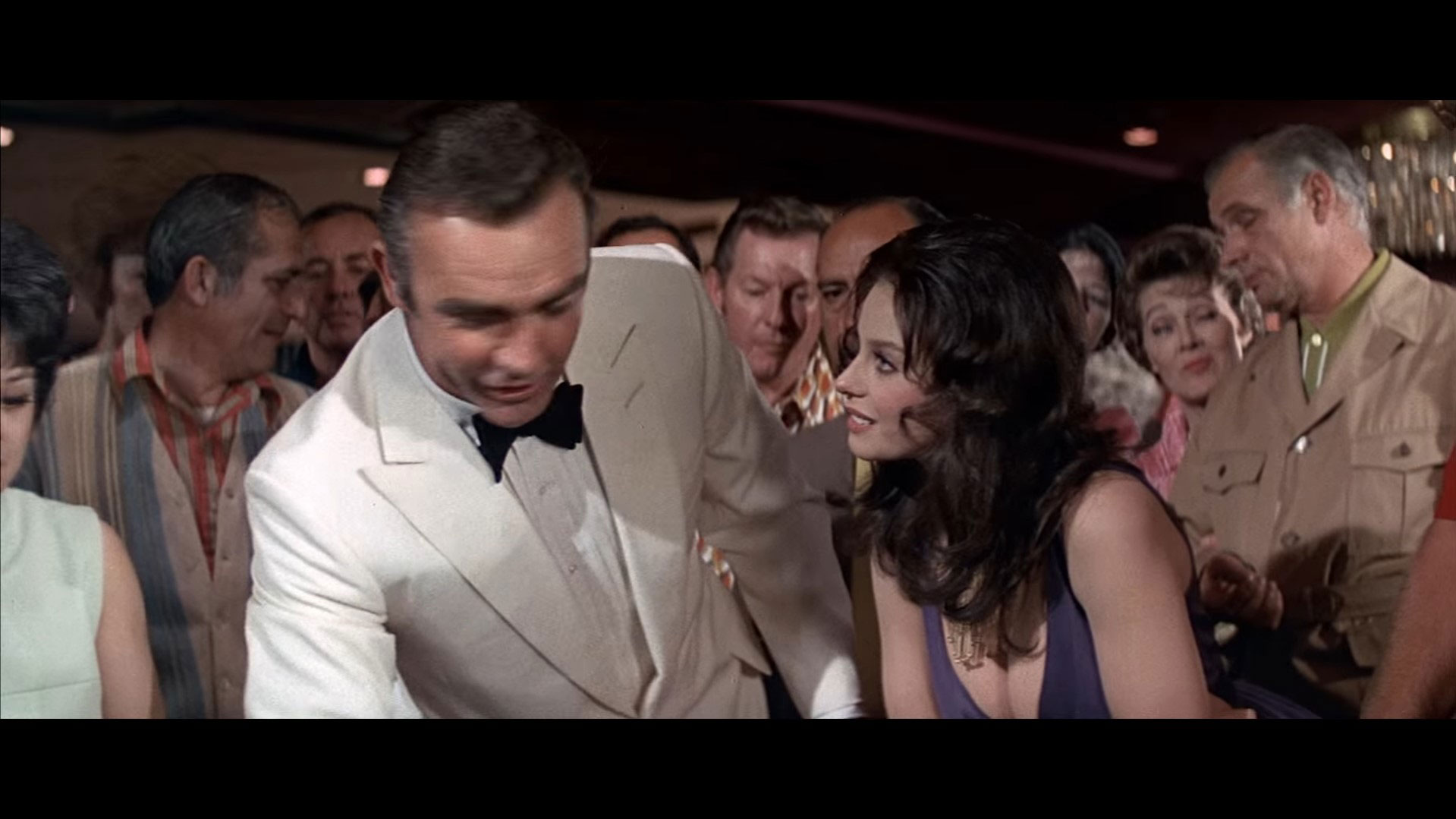
Diamonds Are Forever
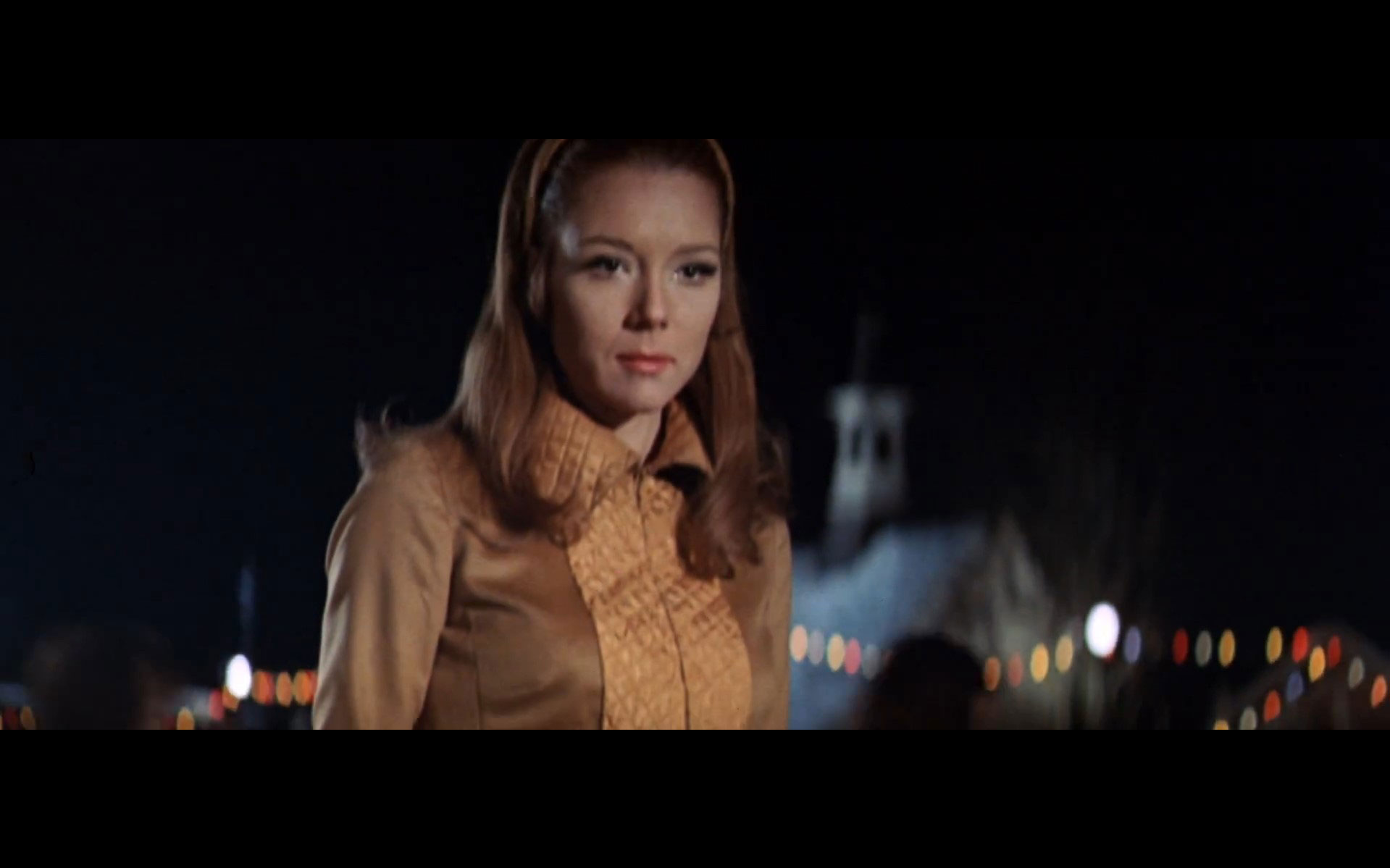
On Her Majesty’s Secret Service
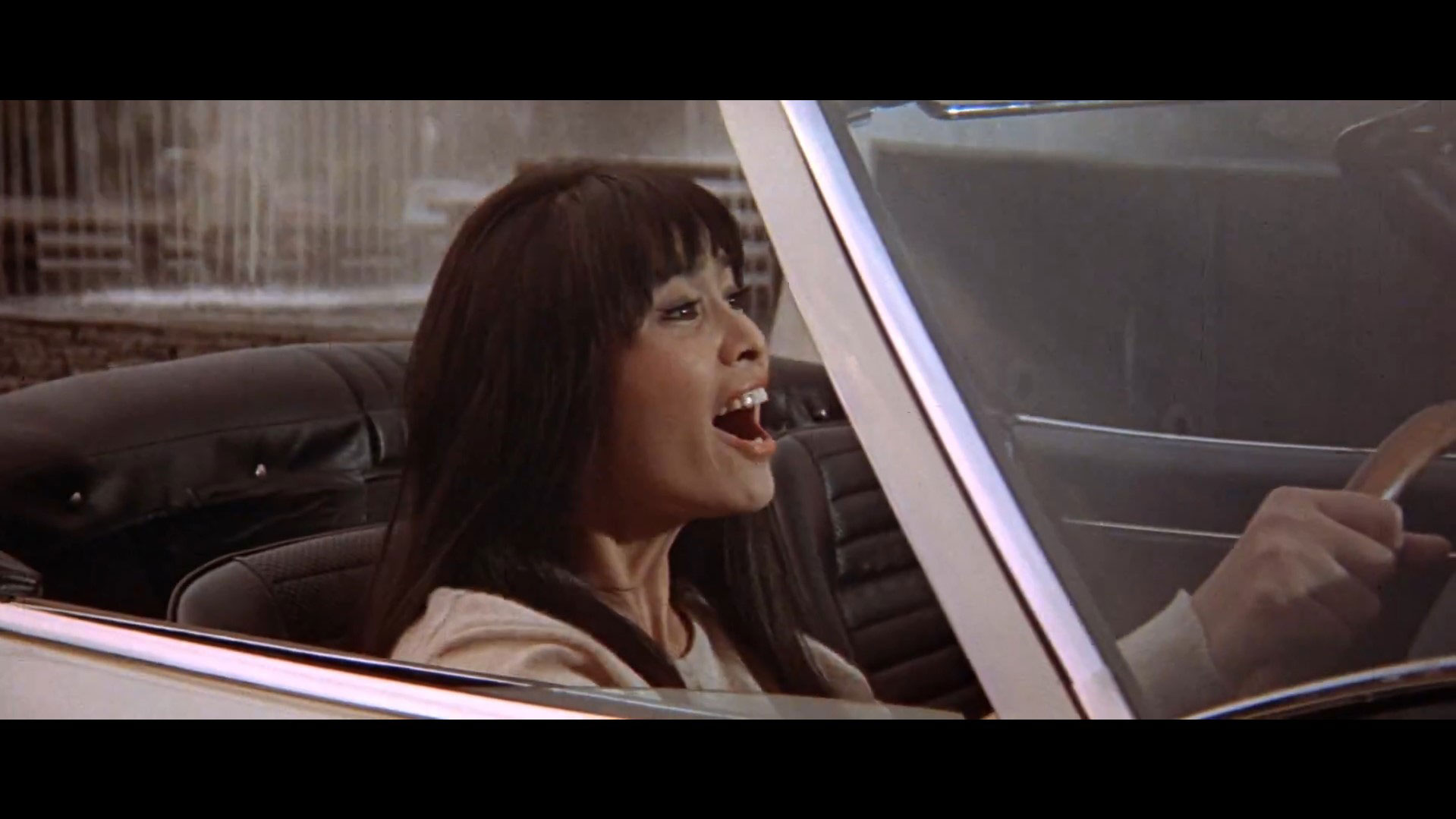
You Only Live Twice
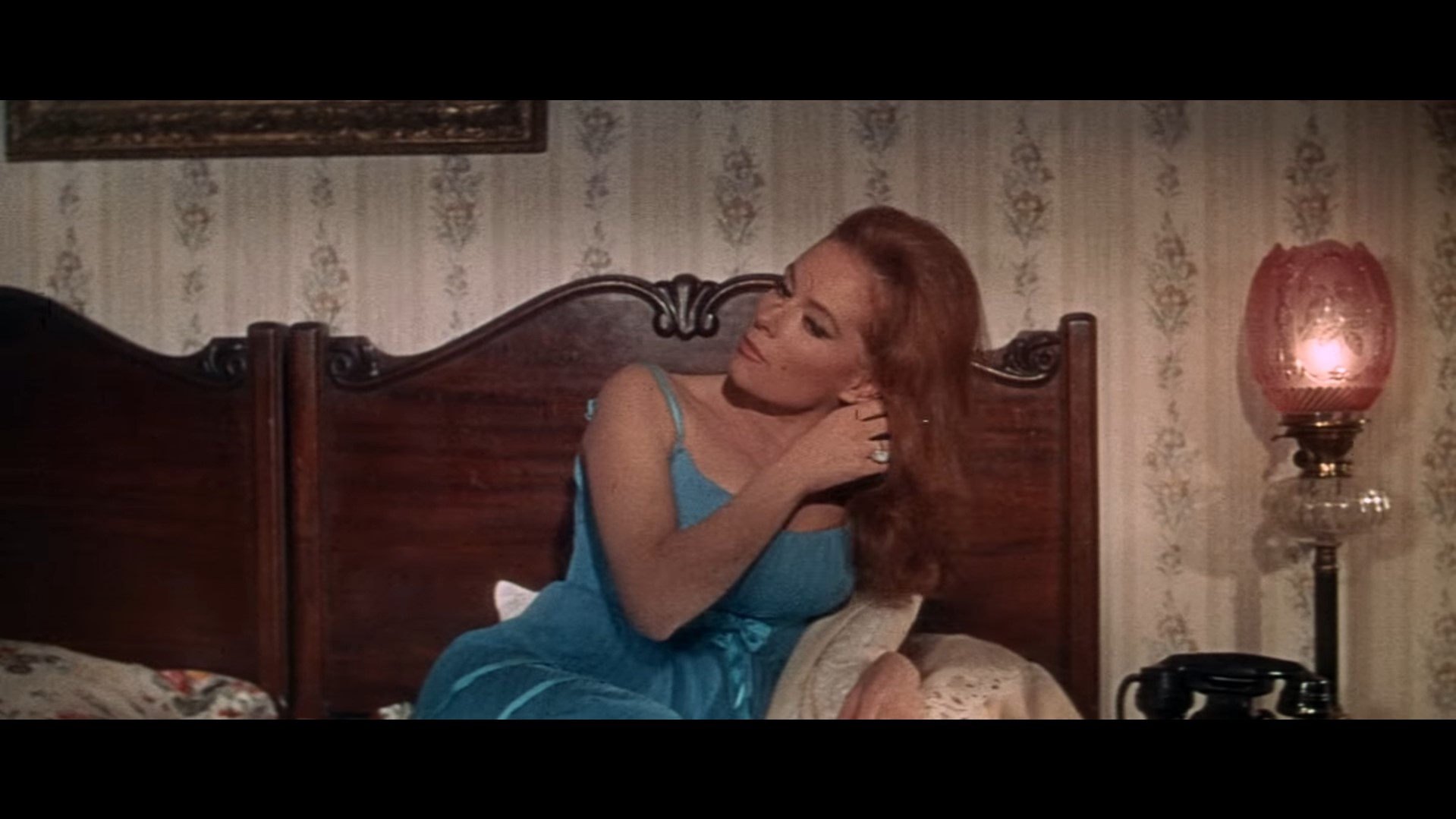
Thunderball
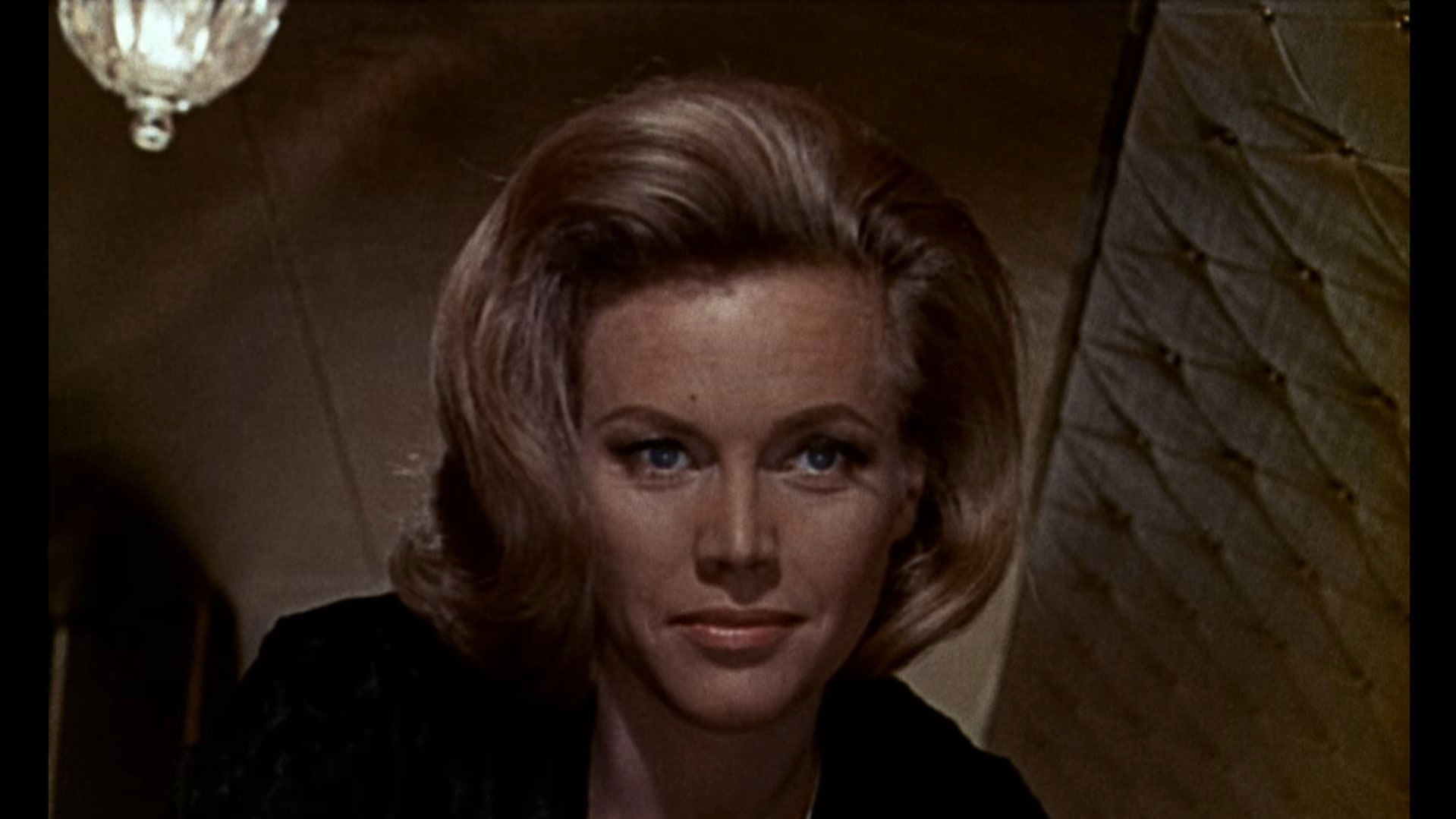
Goldfinger

Black Bag
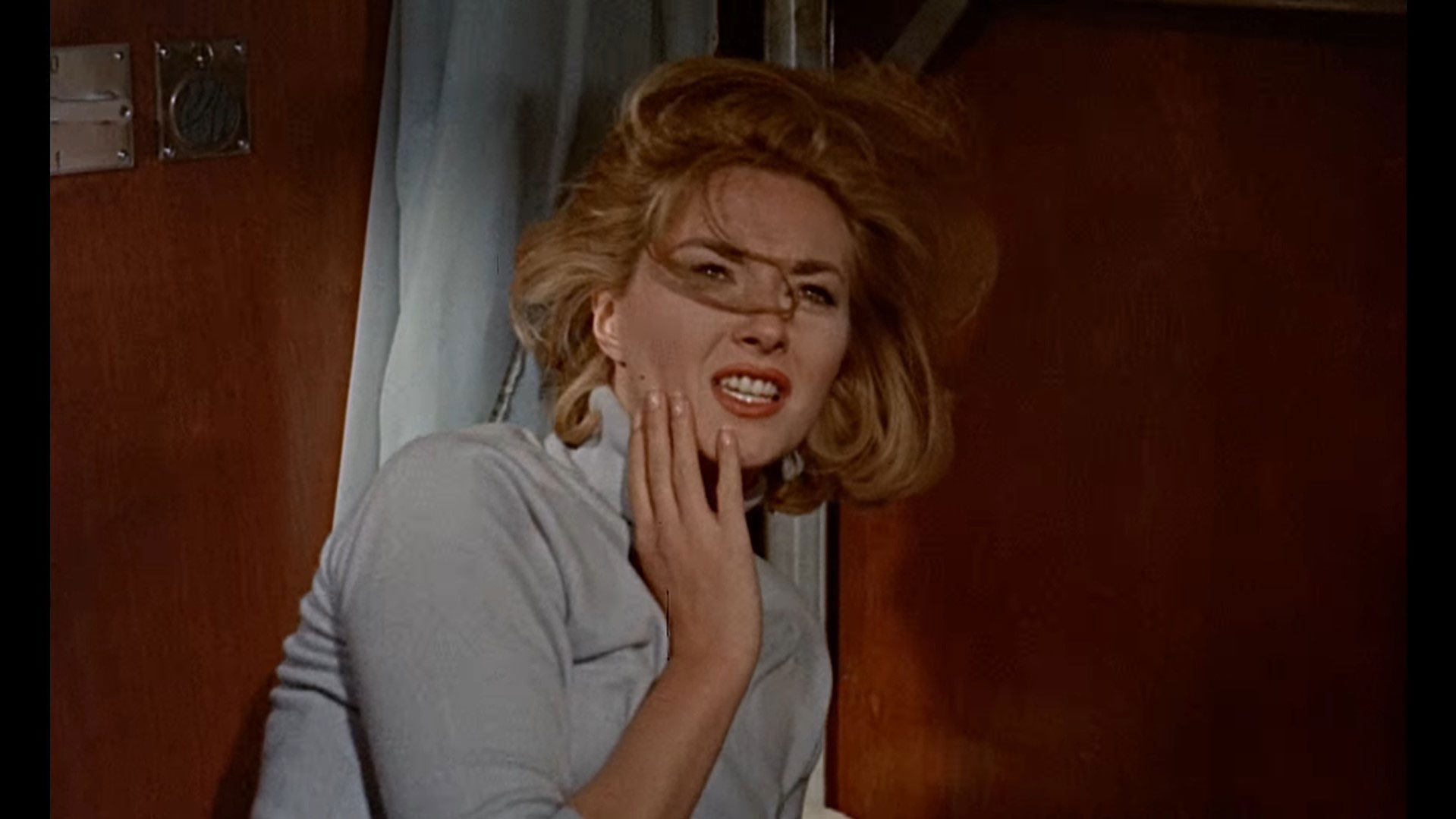
From Russia with Love
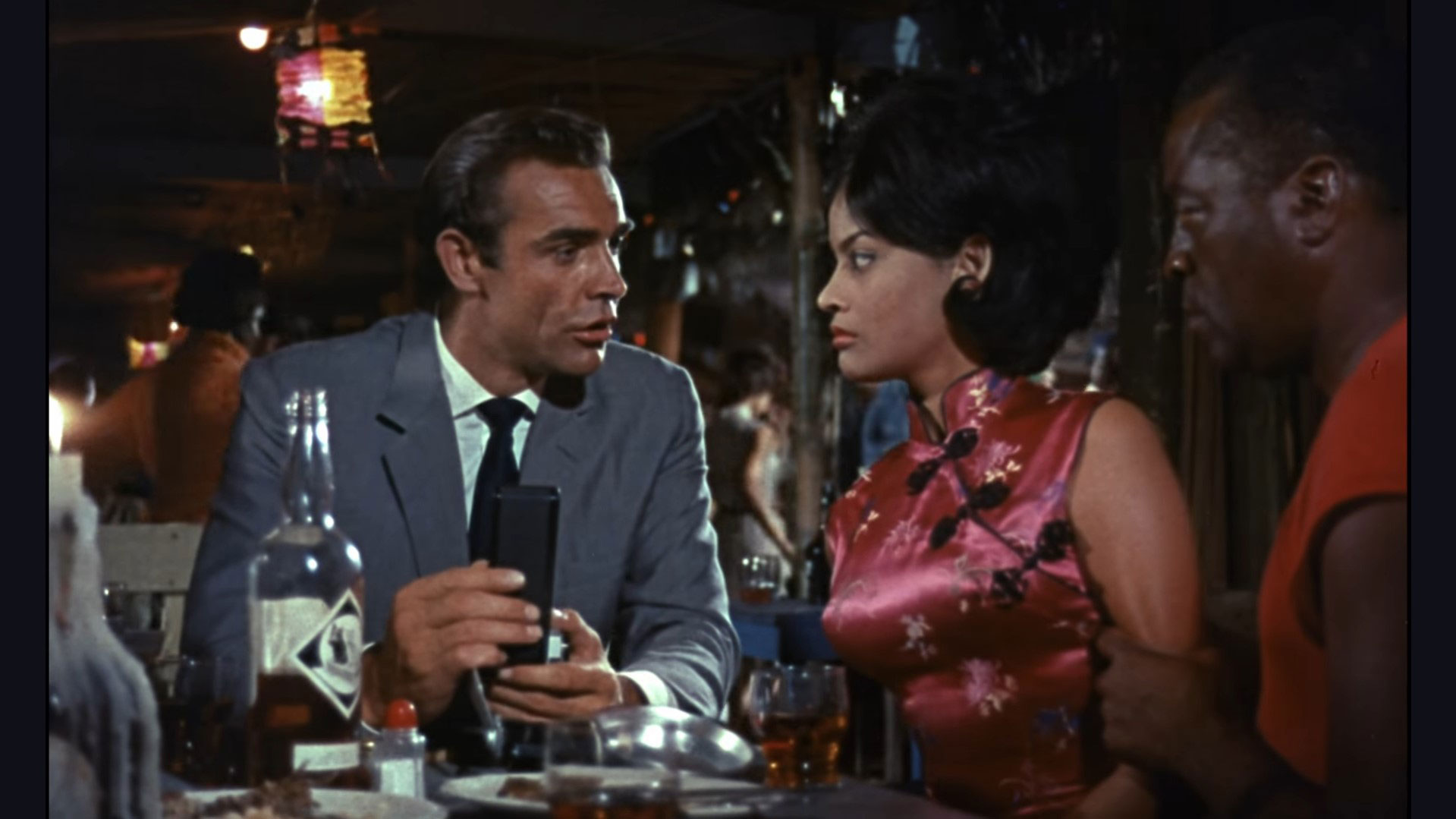
Dr. No

Live and Let Die
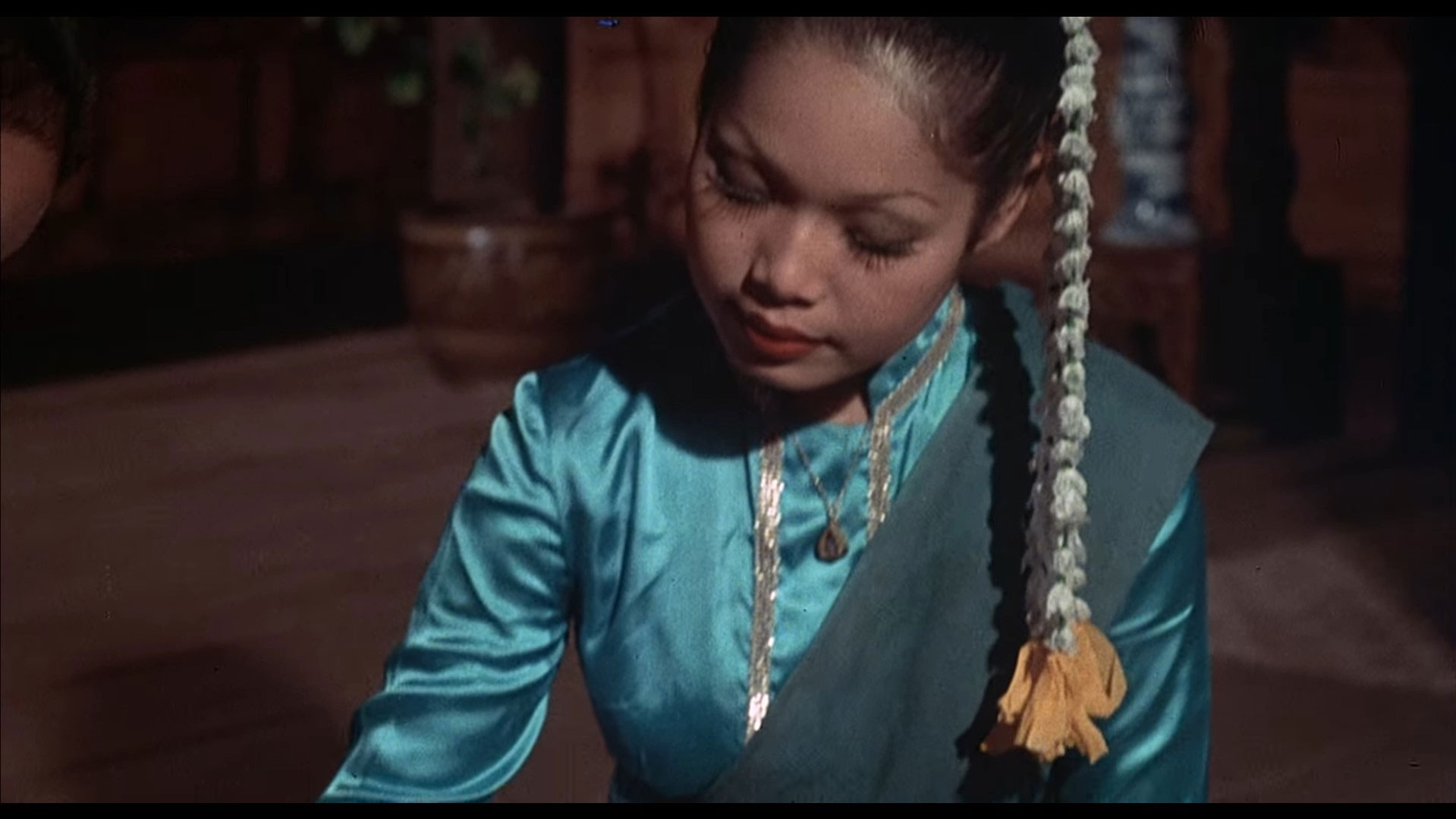
The Man with the Golden Gun
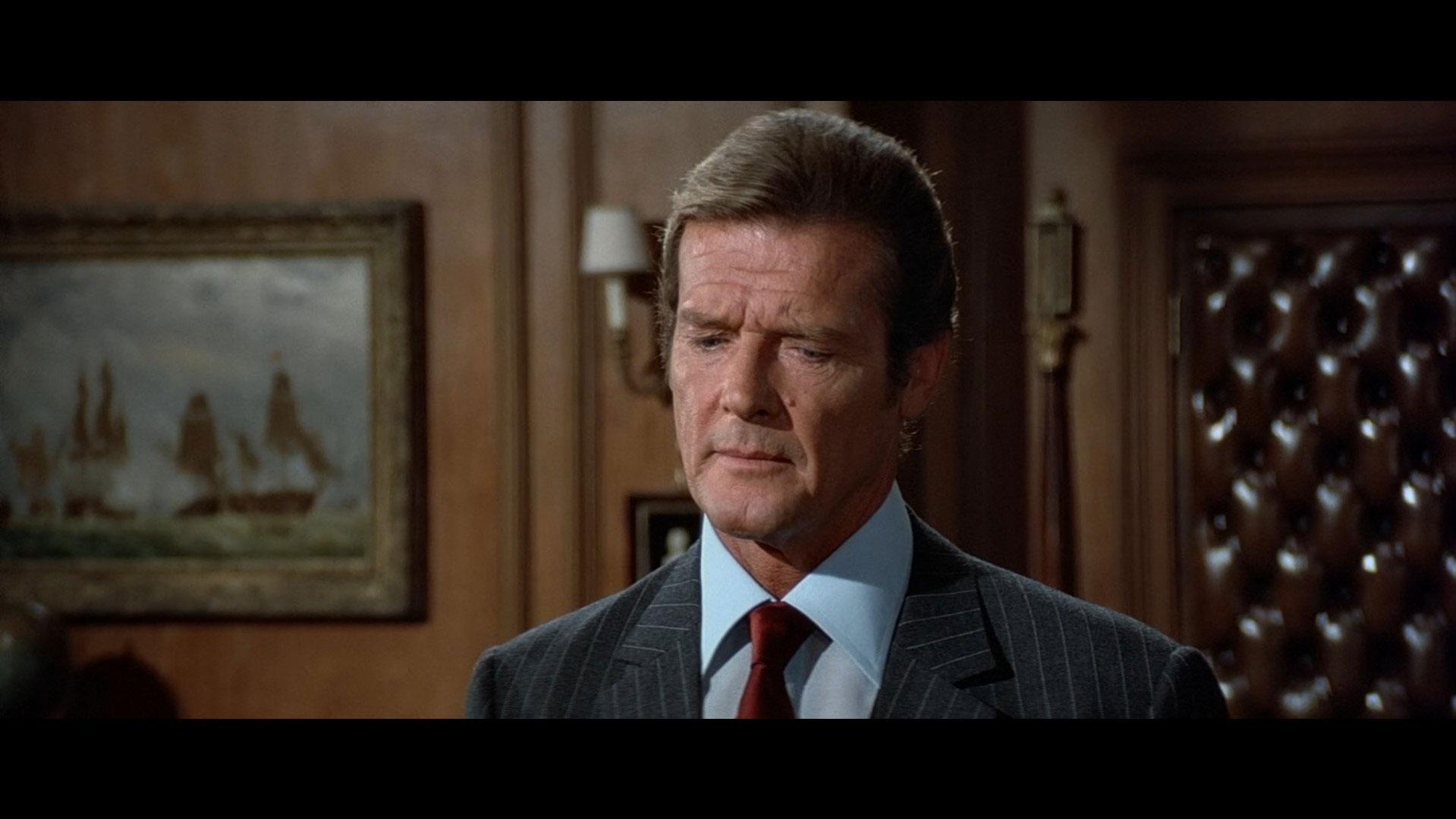
Octopussy
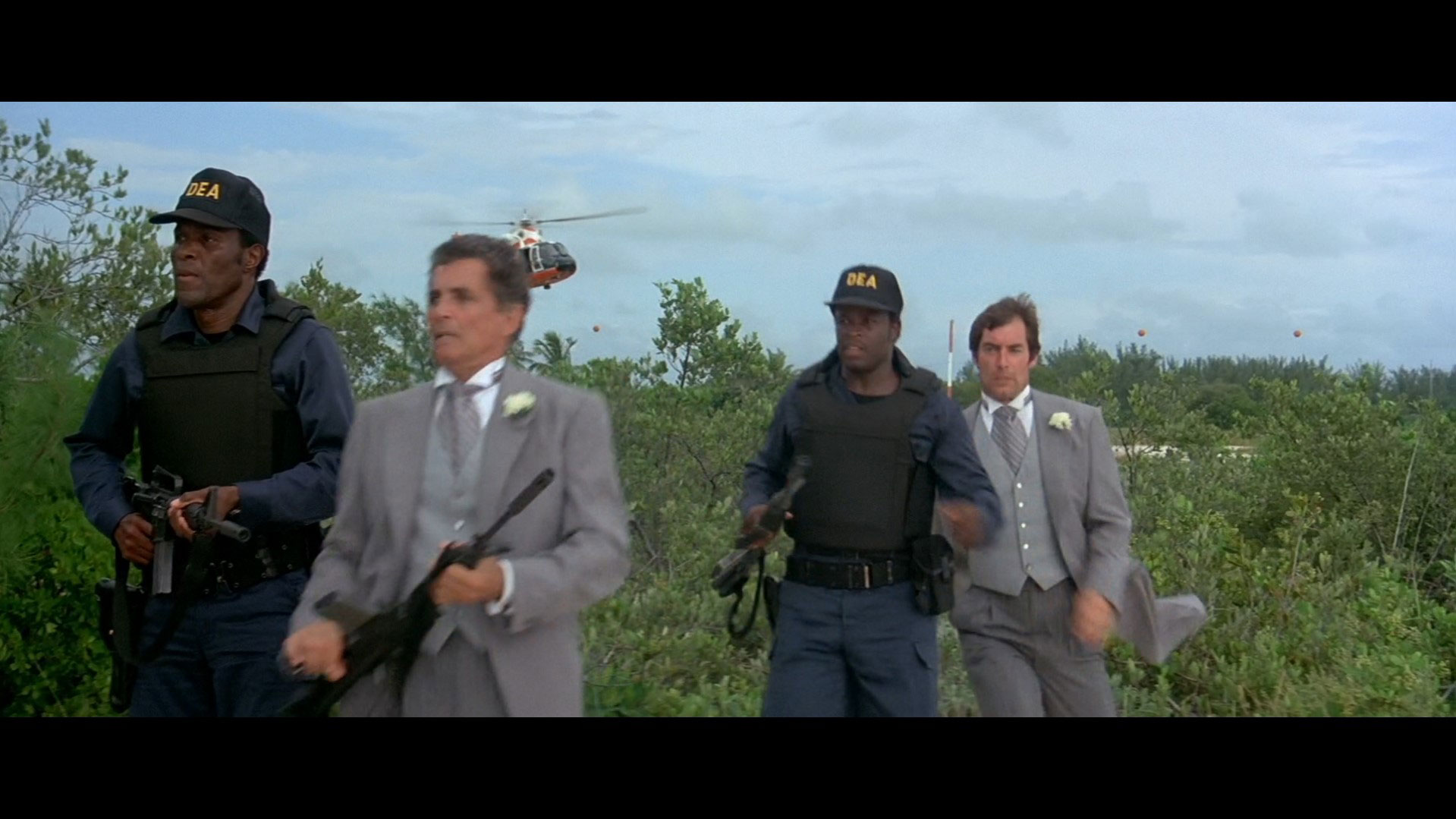
Licence to Kill
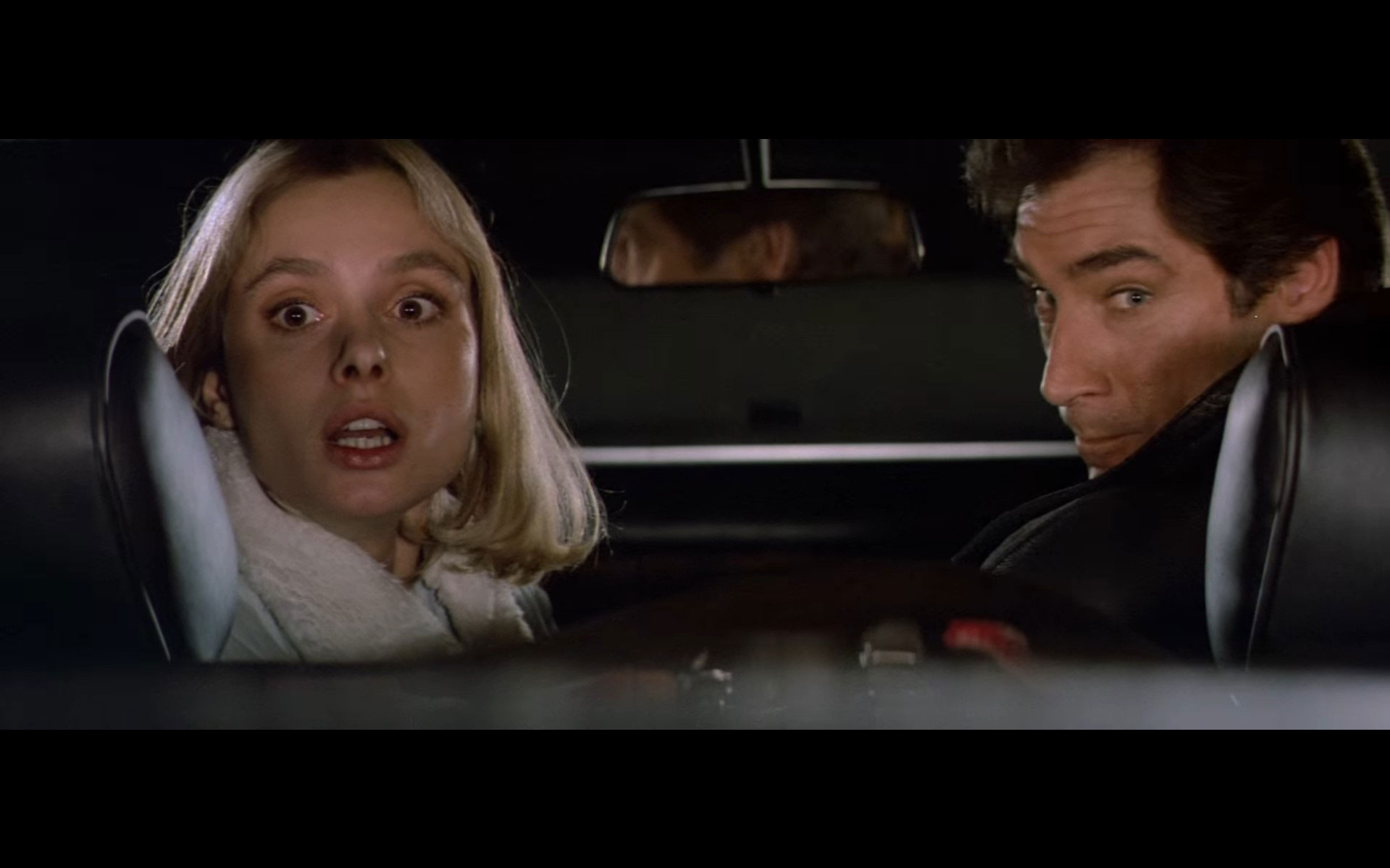
The Living Daylights

A View to a Kill

For Your Eyes Only
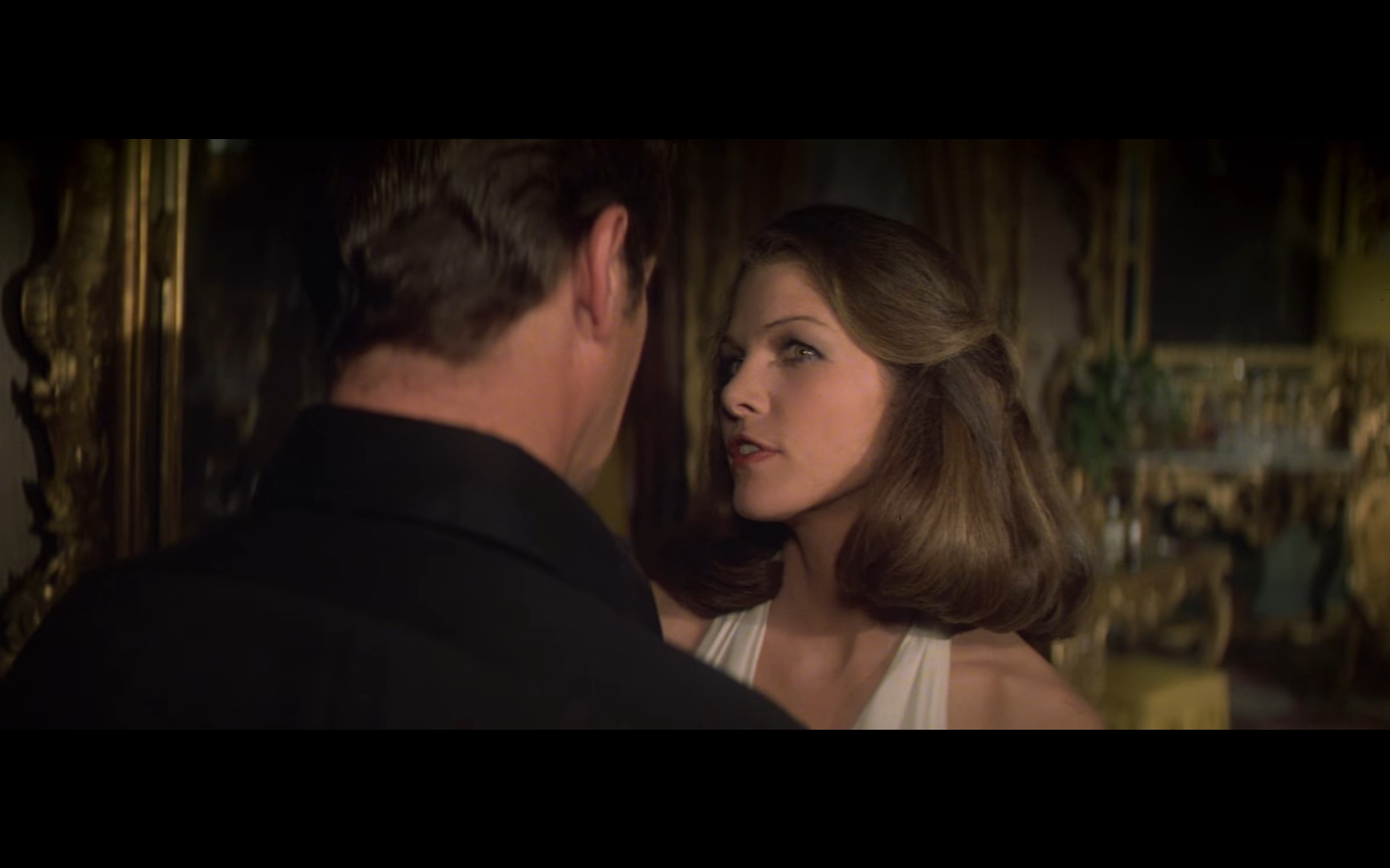
Moonraker

The World Is Not Enough

Tomorrow Never Dies

The Spy Who Loved Me

Spy x Family Code: White



